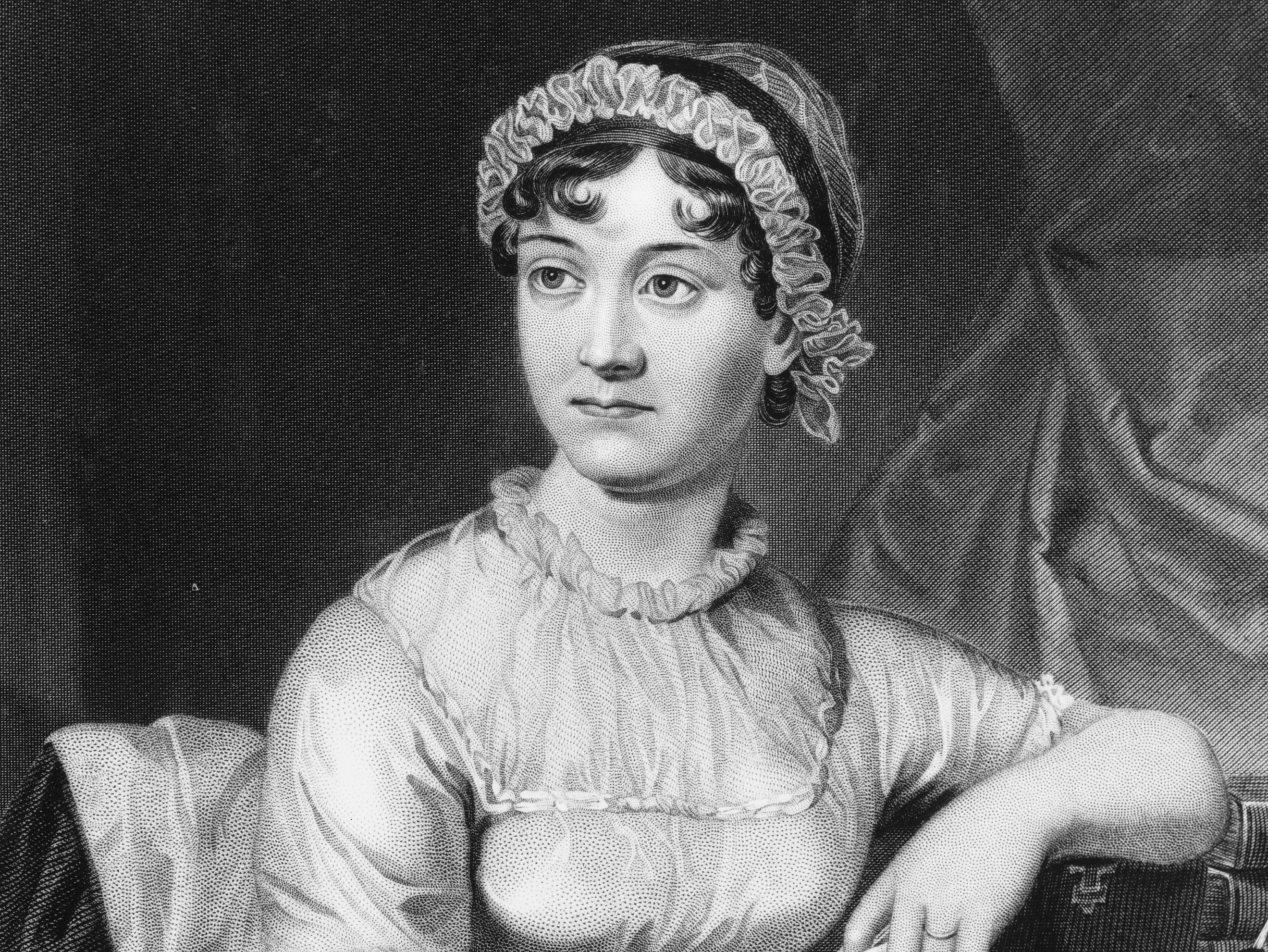Wednesday
Today is the 200th anniversary of Jane Austen’s death, which should be a designated day of mourning since Jane was at the height of her powers when she died of Addison’s disease or Hodgkin’s lymphoma at age 41. If forced to choose, I would live in a world (reluctantly) that was missing the final works of Charles Dickens (Our Mutual Friend, the unfinished Edwin Drood), George Eliot (Daniel Deronda), Virginia Woolf (Between the Acts), even Shakespeare (although The Tempest), although I love all of them. At any rate, I don’t feel the need for these authors to have written more. I find it intolerable, however, that Austen didn’t finish Sanditon, and I fantasize obsessively about other works she would have written.
Emma and Persuasion, after all, were going in fascinating directions, the first in terms of character development and formal innovation (Austen anticipated Madame Bovary’s free indirect speech by several decades), the second in terms of feminist exploration. I would give a lot to see where she would have ended up. I know for sure that I would have relished more of her comic satire and her razor wit.
The New York Times had an article Sunday talking about how Austen was a much more ambitious author than history has reported. I supervised a senior project a few years ago which made exactly this point and filled in the details. You can read the posts I wrote on Carolyn Zerhusen’s project here and here but, to summarize them, Carolyn found Austen to be intensely ambitious. She wanted to make as much money as Anne Radcliffe and Sir Walter Scott, considered herself a better writer than either of them (which she was), and was irritated that her worth wasn’t appreciated.
This was beginning to change by the end of her six years in the public eye. While Mansfield Park and Emma weren’t as popular as Pride and Prejudice, in part because the heroines aren’t as attractive or the marriages as glamorous, I can imagine Persuasion—Austen’s most romantic work—bringing in the larger audience she longed for.
Carolyn sees Austen, who didn’t suffer fools lightly, taking shots at Radcliffe in Northanger Abbey and at Scott and Lord Byron in Persuasion and Sanditon. The mild-mannered but wonderfully strong Anne Elliot in Persuasion delivers a powerful feminist message in Persuasion. Here’s Captain Haville’s argument about woman’s constancy and Anne’s reply:
“But let me observe that all histories are against you–all stories, prose and verse. If I had such a memory as Benwick, I could bring you fifty quotations in a moment on my side the argument, and I do not think I ever opened a book in my life which had not something to say upon woman’s inconstancy. Songs and proverbs, all talk of woman’s fickleness. But perhaps you will say, these were all written by men.”
“Perhaps I shall. Yes, yes, if you please, no reference to examples in books. Men have had every advantage of us in telling their own story. Education has been theirs in so much higher a degree; the pen has been in their hands. I will not allow books to prove anything.”
For Carolyn, the image of Austen as a woman disinterested in a writing career is disempowering, and she observes that “it hasn’t helped that the 2007 Anne Hathaway film Becoming Jane portrays the author as ‘a wildly romantic woman whose stories are only the result of disappointed love.’” The same type of men whom Captain Harville quotes also provided descriptions of Jane Austen. It’s time to move past them.


